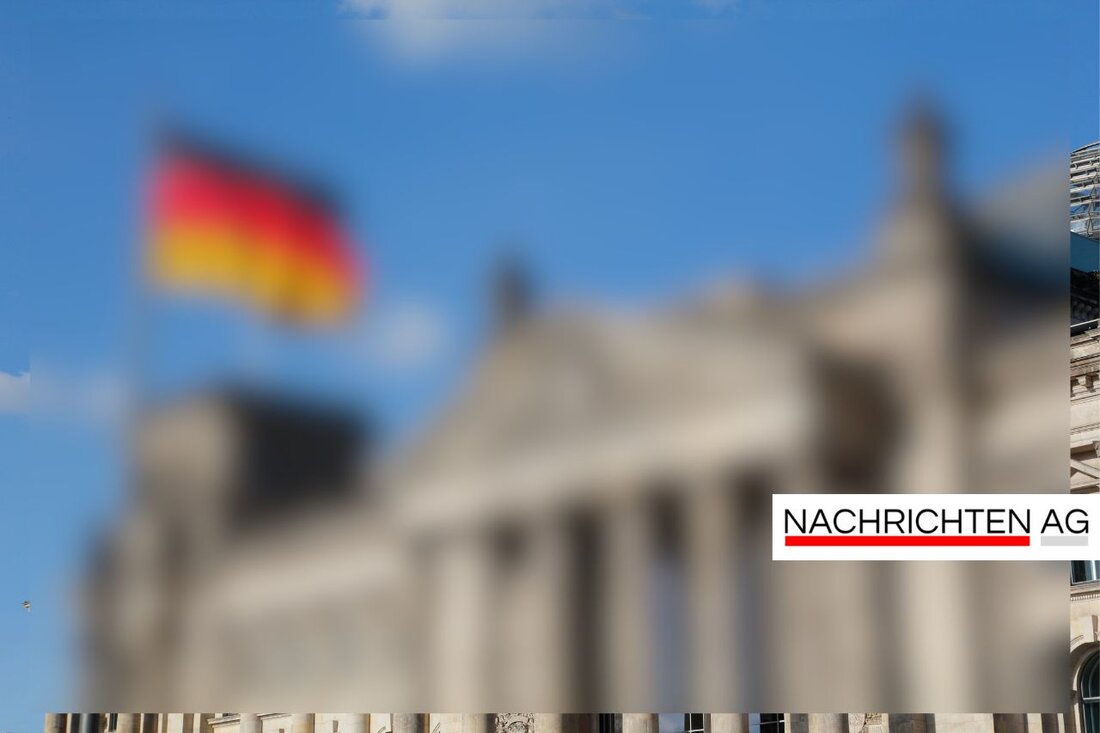Backhaus confesses: Nord Stream 2 brought MV hardly any advantages!
Backhaus confesses: Nord Stream 2 brought MV hardly any advantages!
Rostock, Deutschland - Mecklenburg-Western Pomerania's Environment Minister Till Backhaus (SPD) has made a clear comment on the MV Climate Foundation. He admitted that the controversial Baltic Sea pipeline Nord Stream 2 had hardly brought any advantages for the federal state. This is particularly important because Backhaus played a central role in planning the project. The minister said that the pipeline, which was discussed between 2015 and 2019 in numerous meetings, including three with managing director Matthias Warnig, must be viewed in the context of the region's energy policy situation. Despite the advance laurels, the current situation remains critical, since the war in Ukraine, which has existed for some time, has a strong influence on geopolitical considerations.
Backhaus had spoken out in January 2022, shortly before Putin's invasion, for EU accession negotiations with Russia. He defended these statements as an attempt to set diplomatic signals. It emphasizes the need to promote energy independence through renewable energies such as wind, sun and biomass. With a view to the future of the North Stream pipelines, Backhaus sees bridge technology as outdated, while the constantly growing challenges from the US sanctions and the geopolitical tensions make the discussion about gas production and transport more difficult.
political and financial entanglements
In the course of the hearings, it became clear that the former managing director of the Rokai company, Christian Cammin, also plays an important role. Rokai received orders worth 36 million euros from the MV climate foundation, which was to secure the construction of the gas pipelines. This raises questions about the financial means and the relationship between Rokai and the state policy. Cammin stated that he and his business partner had financed the lease of two million euros himself, which contradicts other testimony. Such inconsistencies lead to considering the transparency of the financial rivers and possible conflicts of interest.
The analysis of these processes is reinforced by the dilemma in which the federal government is regarding energy and foreign policy. The construction of the pipeline represents a geopolitical element, while the discussion about climate goals is gaining drive. More and more votes are calling for a departure from fossil fuels in favor of sustainable alternatives. In this context, relationships between Germany and Russia, especially since the incidents around Alexei Nawalny and the crisis in Ukraine, have worsened.
The challenges of the energy transition
Planning for Nord Stream 2 was influenced by various factors: US sanctions caused a construction freezer in December 2019, and the political power of action within the EU has been restricted by resolutions to regulate third-state pipelines. This helps Germany have to navigate between its own energy policy interests and the pressure from Brussels. The pipeline, which should enable a transport capacity of 110 billion cubic meters annually, is seen as a fossil infrastructure project that conflicts the climate targets.
The pressure to find ecologically sustainable solutions is growing steadily. The region between the Baltic Sea, Adriatic and Black Sea has potential for the production of green hydrogen and other renewable energies that could play a crucial role in the future energy supply. The current developments around North Stream 2 therefore not only reveal economic, but also significant political and social challenges that have to be mastered in the future.
| Details | |
|---|---|
| Ort | Rostock, Deutschland |
| Quellen | |


Kommentare (0)